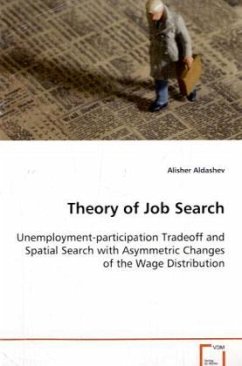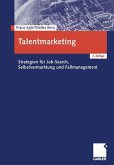The book provides a deeper insight into the searchtheory and takes a look at two aspects of the jobsearch. Firstly, withdrawals from the labor markethave received so far unfairly little attention.Although withdrawals from labor force are a logicaloutcome of the nonstationary job search. The outcomeof the model is that lower reservation wages besidesshorter unemployment duration also lead to higherexit rate from unemployment into nonparticipation.This tradeoff can be very important for unemploymentinsurance policy. Another important aspect is anasymmetric change of the wage offer distribution. Ina standard search model reservation wages increasewith the mean of the wage offer distribution and withthe mean-preserving spread of the wage distribution.However, changing the spread of the distribution byholding the mean constant implies a symmetric"stretching" or "compression" of the distribution inthe tails. But what happens if the spread parametersfor the left tail of the wage distribution and forthe right tail may vary separately, which is usuallythe case when one faces the actual data? The bookprovides answers to this question.
Bitte wählen Sie Ihr Anliegen aus.
Rechnungen
Retourenschein anfordern
Bestellstatus
Storno








